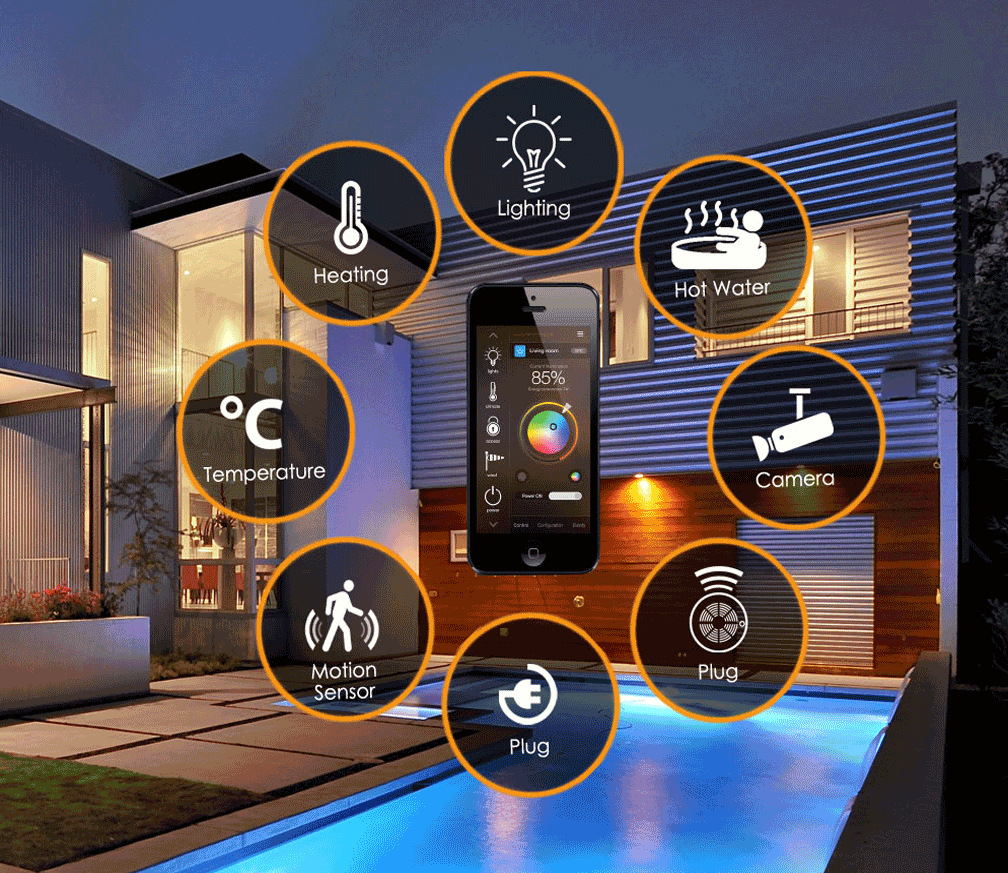In today's rapidly evolving technological landscape, two terms that often come up in discussions are IoT (Internet of Things) and smart home. While they may seem similar on the surface, there are significant differences between the two concepts. This article aims to provide a comprehensive understanding of the disparities between IoT and smart home, shedding light on their unique features, applications, and implications.
- Defining IoT and Smart Home:
IoT refers to the interconnection of various devices and objects through the internet, enabling them to collect and exchange data. It encompasses a wide range of applications, from industrial systems to consumer electronics. On the other hand, a smart home is a residential setup where various devices and appliances are interconnected to enhance convenience, comfort, and energy efficiency. - Scope and Connectivity:
One of the key distinctions between IoT and smart home lies in their scope and connectivity. IoT extends beyond the boundaries of a single home, encompassing a network of interconnected devices on a larger scale. It enables seamless communication and data exchange between devices across different locations. In contrast, a smart home focuses on the integration of devices within a specific residential environment, creating a localized network. - Applications and Functionality:
IoT finds applications in diverse sectors such as healthcare, transportation, agriculture, and manufacturing. It enables real-time monitoring, automation, and data-driven decision-making. Smart homes, on the other hand, primarily cater to residential needs. They offer features like voice-controlled assistants, automated lighting and temperature control, security systems, and energy management. - Data Management and Privacy:
With the proliferation of IoT and smart home technologies, data management and privacy become crucial considerations. In IoT, vast amounts of data are generated and transmitted between devices, raising concerns about data security and privacy. Smart homes, although more localized, also collect personal data that needs to be protected. Both IoT and smart home systems must implement robust security measures to safeguard user information. - Future Implications:
The future implications of IoT and smart home technologies are vast. IoT has the potential to revolutionize industries, improve efficiency, and enable new business models. It paves the way for smart cities, autonomous vehicles, and advanced healthcare systems. Smart homes, on the other hand, are expected to become more sophisticated, integrating emerging technologies like artificial intelligence and machine learning to provide personalized experiences and predictive capabilities.
Conclusion:
In conclusion, while IoT and smart home share some similarities, they are distinct concepts with different scopes, applications, and implications. IoT encompasses a broader network of interconnected devices, enabling data exchange on a larger scale, while smart homes focus on enhancing residential living through interconnected devices. Understanding these differences is crucial for individuals and businesses looking to leverage the potential of these technologies in their respective domains.





